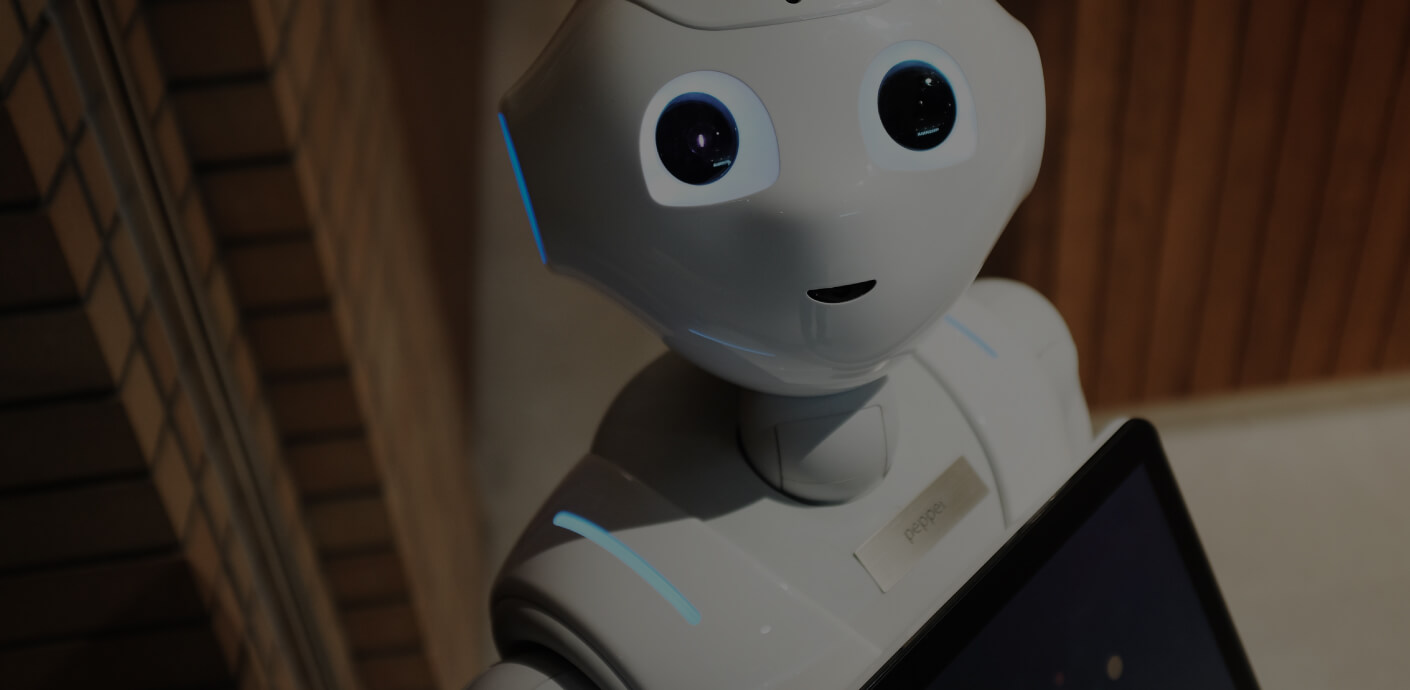
According to new economic analysis, up to 20 million manufacturing jobs around the world could be replaced by robots by 2030. Each new industrial robot wipes out 1.6 manufacturing jobs, with the least-skilled regions being most affected by automation.
About 1.7 million manufacturing jobs have already been lost to robots since 2000, including 400,000 in Europe, 260,000 in the US, and 550,000 in China. China’s heavy manufacturing industry means that machines could be used to replace whole armies of workers.
The challenge for governments is how to capitalise on the productivity and innovation that robots facilitate, while also making sure they don’t worsen the economic inequality that already exists in society.
In the UK, workers whose jobs are at risk of being automated are to receive help in retraining from a new national government scheme. The National Retraining Scheme will be pivotal in helping adults across the country, whose jobs are at risk of changing, to gain new skills that will help them on the path to a new career.
The scheme will pilot in Liverpool, with plans to roll it out to vulnerable areas in years to come. Post-industrial regions where people have lower skills tend to have weaker economies and higher unemployment rates. These areas are most susceptible to automation, with their service industries, such as transport, construction and admin also at risk.
The analysis found the more repetitive the job, the greater the risk of it being wiped out. Jobs that require compassion, creativity or social intelligence are likely to continue being carried out by humans.
However, the analysis showed that increasing automation will also boost jobs and economic growth, meaning that as many jobs will be created as lost. If there was a 30% rise in robot installations worldwide, it’s estimated that this would create $5 trillion in additional global GDP.
In countries like Japan, which has the oldest population in the world and a declining birth rate, robots are needed in order to power the economy. Right now, over a quarter of the Japanese population is over the age of 65, and that number is expected to jump to 40% over the next 40 years.
With its labour force rapidly disappearing, Japan has become the largest manufacturer of robots in the world. Although automation is mainly utilised in the manufacturing industry, robots are gradually being introduced into other sectors in supporting roles.
Robots can work long hours without breaks and have greater physical strength than humans. They don’t require benefits such as sick pay or holiday pay and can be deployed round the clock without the need for overheads such as light or heating. As well as radically reducing labour costs, robots can alleviate the pressure on humans to work long hours or night and weekend shifts. They can also be deployed in high-risk situations such as disaster investigation, where there’s a risk of contamination or explosions.
Japan has managed one of the most successful integrations of workforce robots for a developed economy, and this can be largely attributed to the attitude that humans come first with robots in assisting roles. Policymakers and business leaders not only need to think about how to develop workforce skills to adapt to growing automation, but how automation can be utilised to complement human skills and improve people’s quality of life.
Although contractors work across many industries, often with specialised skills, the fact is that no job is likely to remain untouched by the fourth Industrial Revolution, so everyone can benefit from investing in lifelong learning and developing new skills. Acquiring qualifications that incorporate human skills – also known as soft skills – will almost certainly make a contractor’s service offering more unique and valuable to employees in the future.



